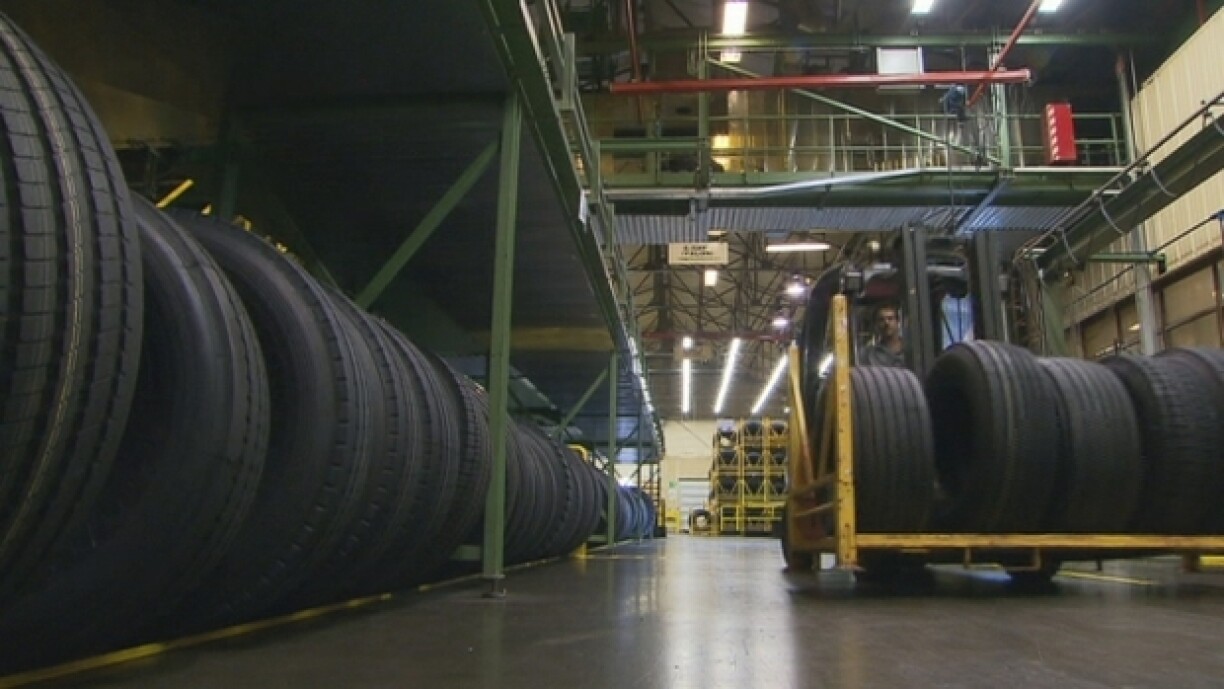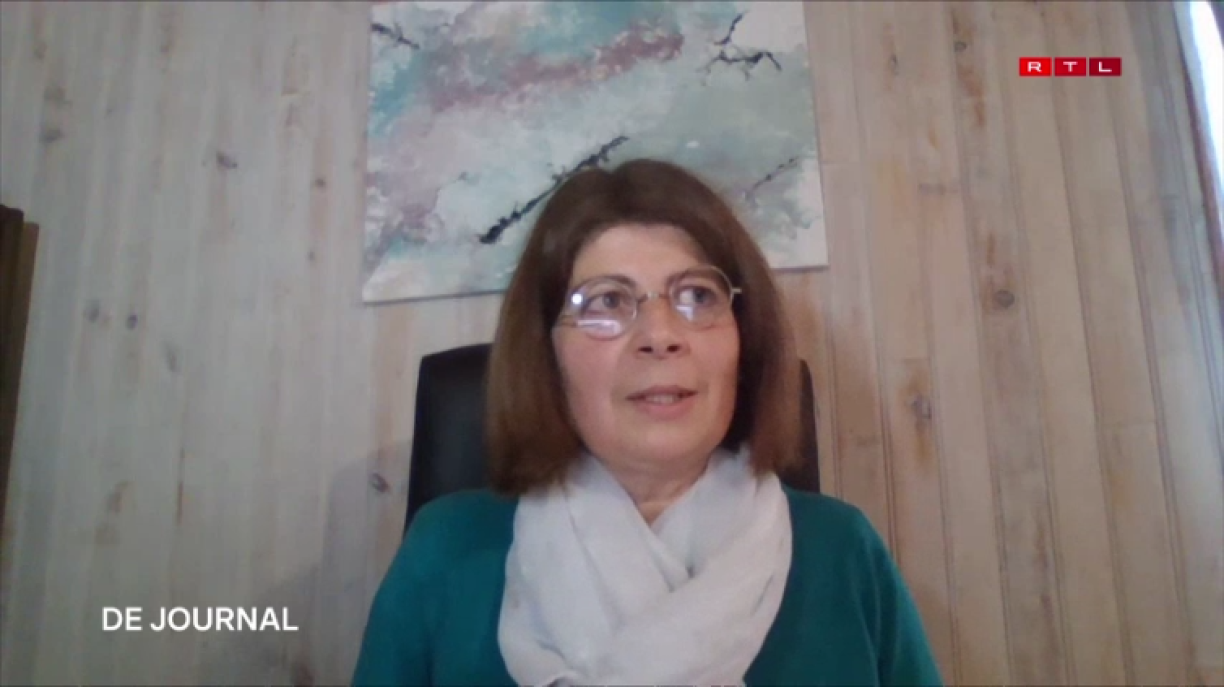
Hundreds of road accidents have occurred in the last five years after tyres from the Goodyear factory in Luxembourg burst. Sophie Rollet, who lost her husband in such an accident ten years ago, is to be credited for bringing the issue to the media’s attention: “My husband’s accident happened ten kilometres from home and I finally found out about it when I was watching TV”.
Read more: Truck tyres manufactured in Luxembourg accused of defects
At first, she did not know that her husband was involved in the accident, but she had a bad feeling while watching TF1’s one o’clock news. And this hunch was later confirmed.
The investigation report on the burst Goodyear tyre eventually fuelled Rollet’s interest in the phenomenon and following a brief online research, she found more accidents caused by tyres of the same brand. This was the start of years of investigations and research that she carried out alone, often at night when her children were asleep and when the internet connection in her small village was running low.
As she was unable to find any statistics on these accidents, she kept an eye on the news: “Sometimes I can identify a lorry in the photos, even the name of the haulier. I actually look up the company online and contact them.”
Rollet also contacts the gendarmeries in charge to obtain information, and managed to identify a whole series of incidents over time: “I have a whole list of 76 accidents, some of which are Goodyear-identified, but let’s say with a degree of certainty that is not what I would call 150%.”

In the course of her research, she further came across other elements, such as expert reports suggesting production errors. Rollet also found out about Goodyear’s voluntary tyre recall programme, notably the model that replaced the tyre that caused her husband’s death.
She contacted associations and institutions to warn them and indicate that something absolutely had to be done. A new complaint was filed with all her research, but no progress was made. Even journalists at Le Monde pointed out that there was no real proof that a production error was the cause of the accidents.
But a few years later, Rollet is certain that, given the huge number of tyres involved, more accidents would follow: “It’s as if you’ve seen that a bomb has been dropped. You say, there’s a bomb that’s going to explode, but nobody hears you. And in fact, you have to wait for the bomb to explode, for it to cause deaths, so that you can say, ah, I told you so. But it’s terrible.”
Six years after her husband’s death, things are beginning to change. A new expert report on the accident confirms a production error. At last, a concrete basis for journalists interested in writing a front-page article for Le Monde. A snowball effect followed, and in 2023 Arte even broadcast a documentary on Sophie Rollet and her research.
Two whistleblowers came forward and published internal documents that confirmed the elements of the press article in question. These documents show that Goodyear did not introduce an automatic tyre recall so as not to damage the company’s reputation.
But would Rollet’s husband still be alive if Goodyear had acted differently? “No, because he was one of the first accidents. No, I don’t think it could have been avoided”, contends Rollet.
She points out that nothing has yet been proven or established by a court of law, but even if Goodyear had not been aware of the production error, she explains that “what I’m criticising them for today is that they had figures that could have been alarming and now they’ve made their decisions based on the economic ratio. Now, it would be good, and this applies to any industrial company, to put an ounce of humanity, and I’m going to use this term carefully, into their activities”.
For the moment, Rollet is trying to take a step back from the case. The lengthy procedures are difficult to follow, and she is currently looking for a new job and taking courses in accounting.